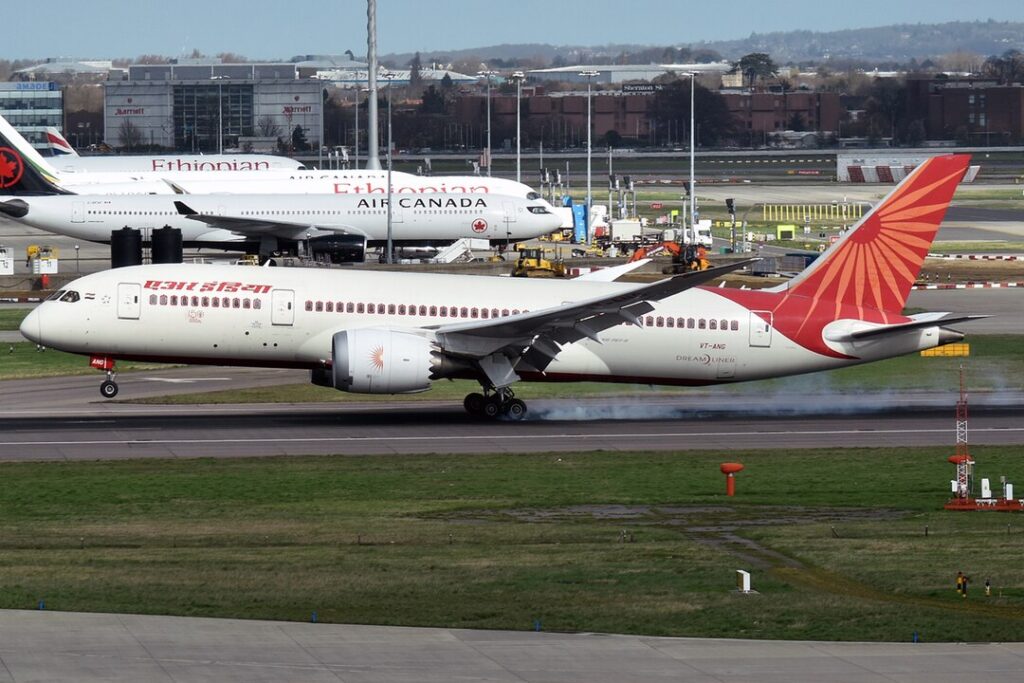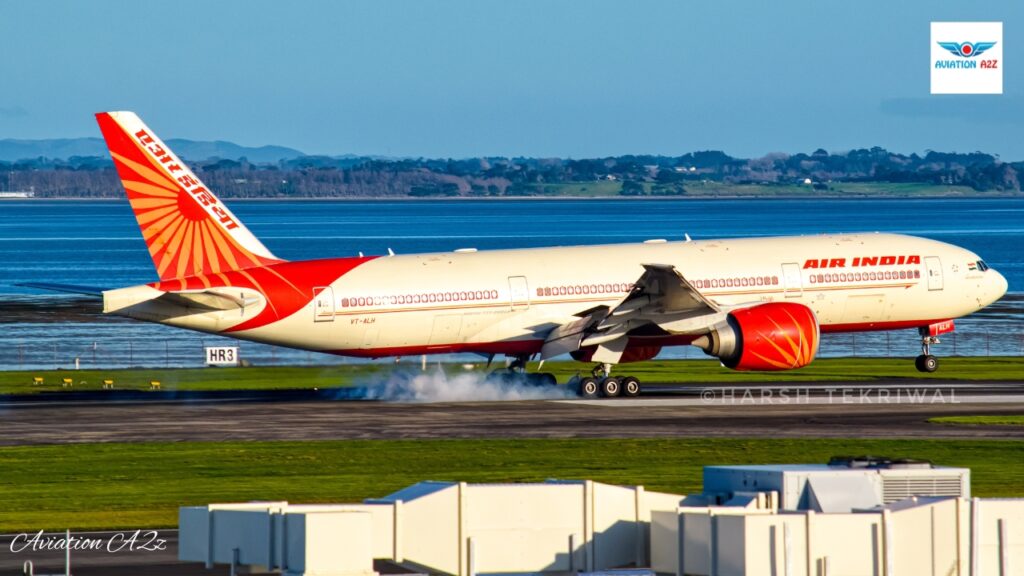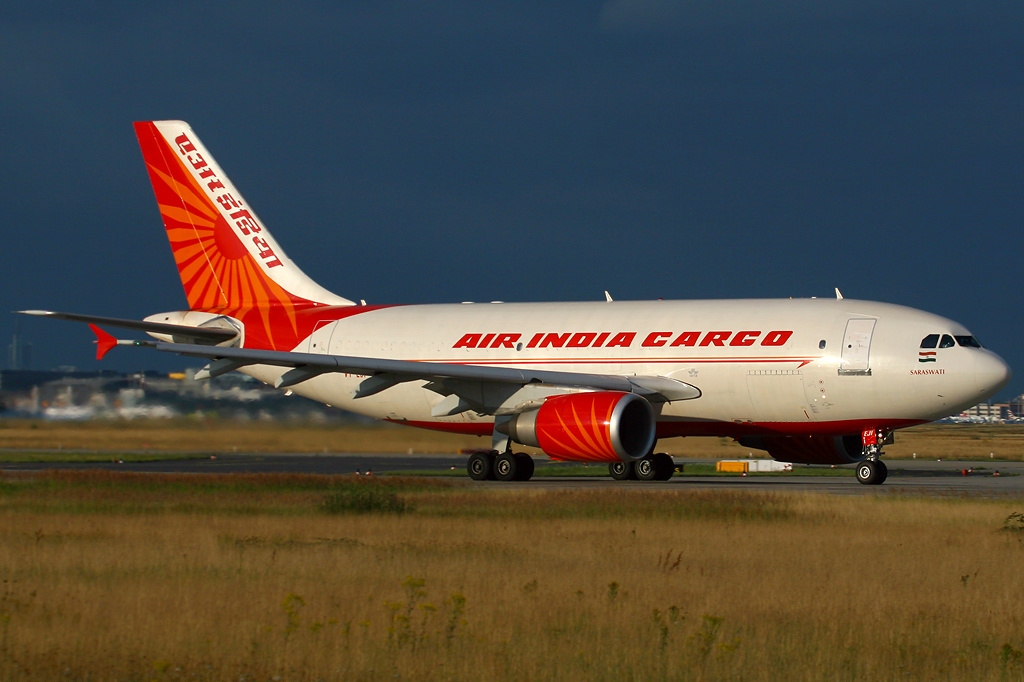GURUGRAM- Tata Group’s manufacturing arm is taking steps to secure “captive” volumes of hi-tech cargo, including iPhone, for its subsidiary, Air India (AI), in anticipation of aircraft deliveries.
This strategic move follows Tata’s acquisition of Air India in January 2022, a significant development in the Indian aviation industry that led to a surge in large-scale aircraft orders.

Tata iPhone Deal to Boost Air India Capacity
Air India is set to receive approximately 470 aircraft from Airbus and Boeing, while its competitor, IndiGo, has ordered 500 aircraft from Airbus.
To stay competitive, Tata, as the owner of Air India, is focusing on cargo capacity, with plans to quadruple belly cargo capacity when operations are in full swing.
Tata Electronics (TEPL), the manufacturing arm of the Tata Group, has purchased Wistron’s contract Apple iPhone manufacturing operations in India for $125 million. This deal is seen as a potential source of “captive” freight volumes for Air India.
Wistron’s presence in India consists of four assembly lines in the state of Karnataka, with plans for another unit at the same location. This acquisition has made Tata the first “home-grown” iPhone manufacturer in India, joining companies like Taiwan’s Foxconn and Pegatron.
It’s worth noting that the Indian government recently implemented licensing requirements for the import of specific electronic goods to promote investment in local manufacturing.

Executive Insights
“The acquisition of Wistron by Tata is seen as a catalyst for further investment in India’s electronics manufacturing ecosystem, signaling the growth of the country’s contract manufacturing sector,” stated India’s IT minister, Ashwini Vaishnav.
Industry insiders in the supply chain sector have also expressed optimism about the manufacturing developments in India.
Jitendra Srivastava, CEO of Triton Logistics & Maritime, a Mumbai-based freight forwarder, told Loadstar that Tata’s acquisition of Wistron’s plant in Bengaluru offers promising opportunities for Air India to expand its freight services.
He pointed out that as smartphone exports continue to grow, Air India’s involvement could become a significant driver of growth for the airline and the Indian smartphone manufacturing industry.
Vineet Malhotra, co-founder and director at Kale Logistics Solutions, highlighted that Apple’s plans to shift a quarter of its manufacturing capacity to India would be an interesting development to watch.
He suggested that it would be intriguing to see how Tata-led Air India would leverage its air cargo capabilities for iPhone exports, especially to countries like the US, China, Japan, and the UK.
He mentioned, ‘As Apple anticipates a rise in iPhone demand in India and ASEAN nations in the coming years, carriers like Air India will have a significant role to play, and the airline’s cargo capacity will see significant growth.’

Enhanced Belly Capacity
Air India currently has around 470 Airbus and Boeing aircraft on order, with deliveries mainly scheduled to commence in 2025. This is expected to result in a fourfold increase in belly cargo capacity for the privatized airline.
In fiscal year 2022-23, Apple iPhone exports from India experienced a fourfold growth year-on-year, reaching an estimated value of $5 billion, according to preliminary government data.
Additionally, in the first quarter of fiscal year 2023-24, Apple surpassed Samsung to become the leading exporter of smartphones from India.
From a policy perspective, the Indian government aims to capture a portion of the trade shift from China, as the current success falls short of expectations despite offering an enticing productivity-linked incentive scheme for investors.
Nevertheless, due to high import tariffs on smartphone imports, local contract manufacturing by foreign brands has gained momentum, positioning India as arguably the world’s second-largest handset manufacturing hub, following China.
Stay tuned with us. Further, follow us on social media for the latest updates.
Join us on Telegram Group for the Latest Aviation Updates. Subsequently, follow us on Google News.

